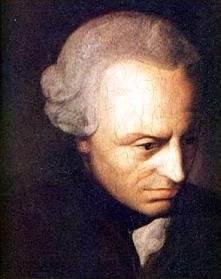
"Much of the material Frey and Stutzer present in Happiness & Economics is a survey of evidence compiled by other scholars. But in the last chapters of their book, they also summarize of their own original work on how variations in the political climate appear to affect human happiness. In order to keep its models tractable, the rational choice tradition has focused strongly on the outcomes associated with different choices and institutions, giving relatively little attention to the actual processes through which those outcomes are achieved. But as Frey and Stutzer emphasize, process often matters as much or more than outcomes for explaining differences in measured satisfaction. Using Swiss data, for example, they are able to show that residents of cantons with higher levels of participatory democracy enjoy significantly higher measured happiness levels than those with more limited rights of participation, even when other objective determinants of happiness do not differ. The effect is large. Thus, in Basel-Landshcaft, the canton with the highest democracy index, residents are 12.3 percent more likely to call themselves completely satisfied than are residents of Geneva, the canton with the lowest democracy index. Happiness & Economics is a timely book. In just the last several years, researchers in behavioral economics have been awarded both the John Bates Clark award (Matt Rabin) and the Nobel prize in economics (Daniel Kahneman). This research program has persuaded many economists that conventional neoclassical economic models often fail to track actual experience. Recent developments in the literature on happiness have begun to suggest reasons for these discrepancies. Frey and Stutzer have performed an invaluable service by making so much of this literature readily accessible to economists for the first time."

Sem comentários:
Enviar um comentário